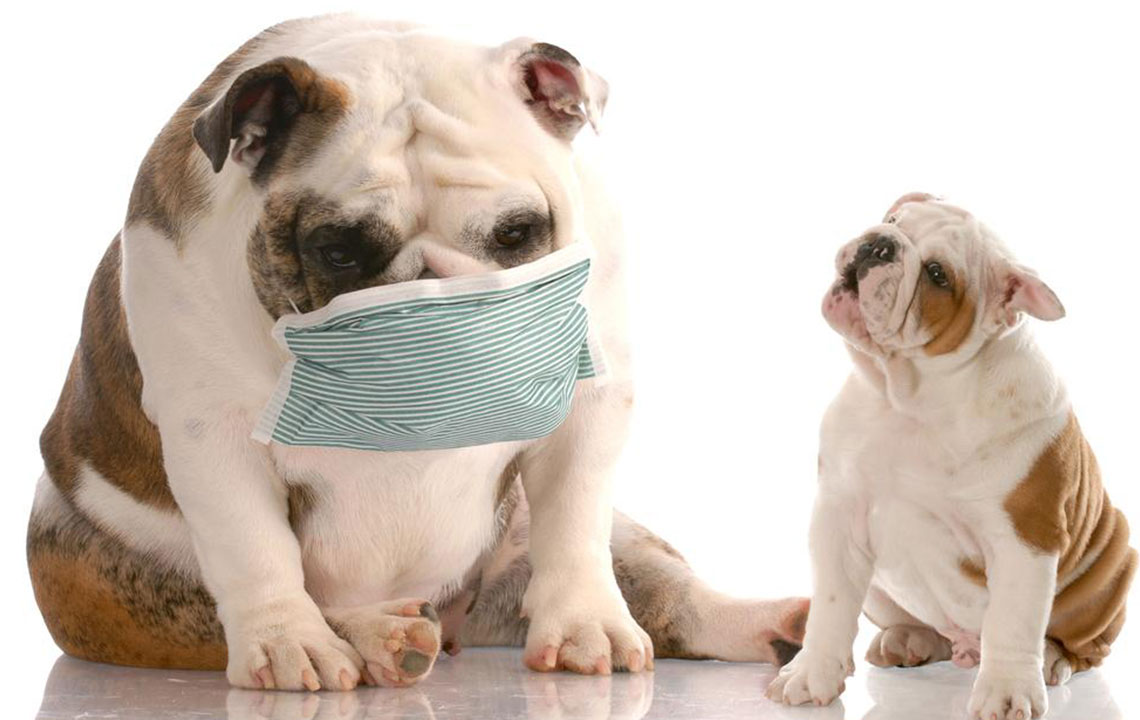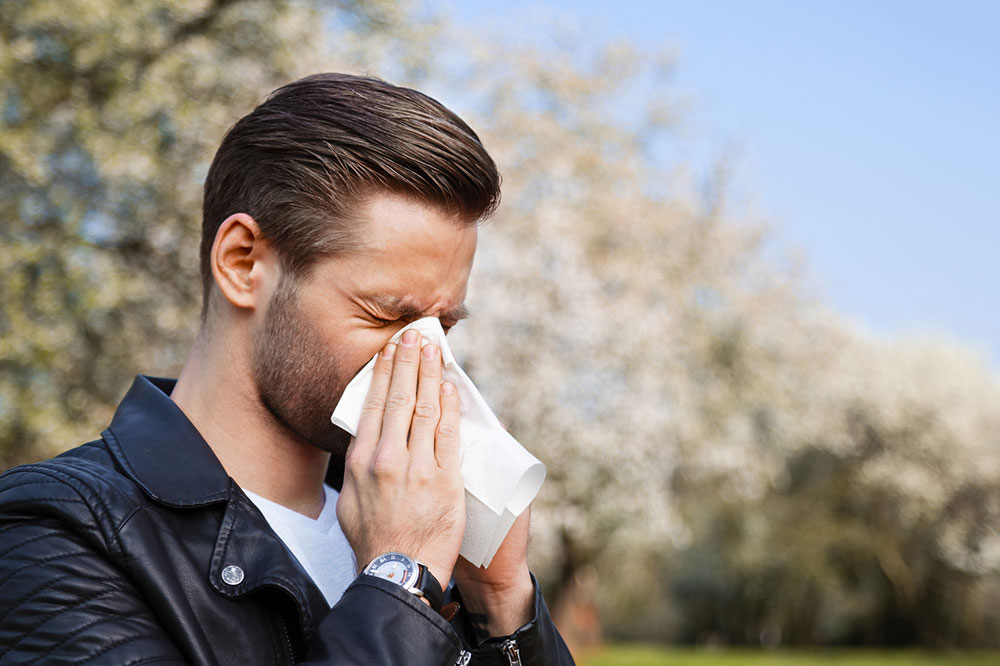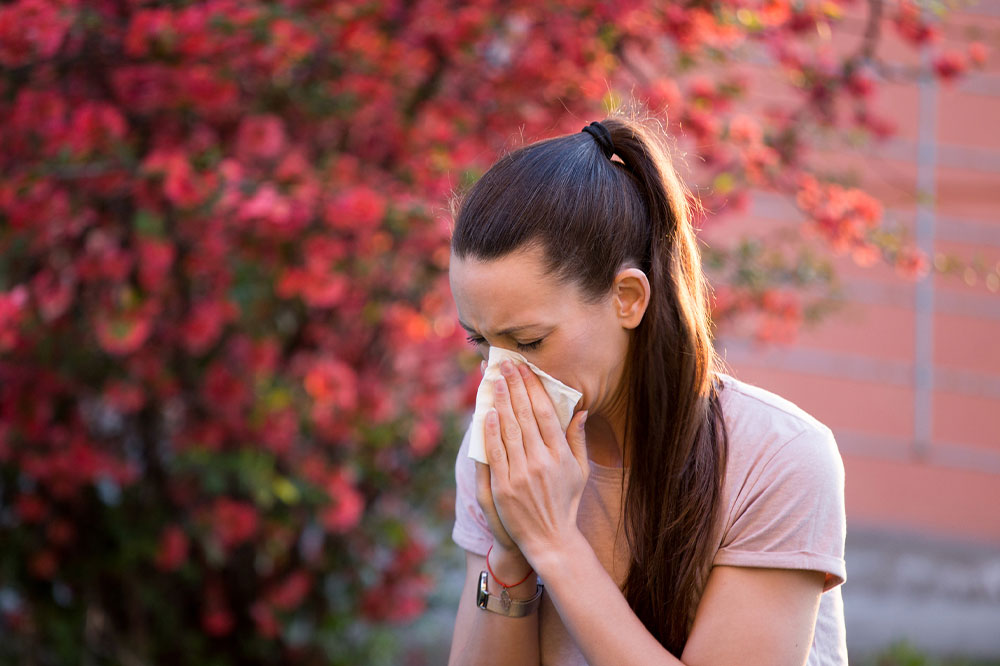Recognizing Key Signs of Dog Allergy in Humans
Discover common signs of dog allergy, including sneezing, cough, facial pain, eye irritation, and skin rashes. Early detection is key to managing symptoms and ensuring safe interactions with dogs, especially for allergy-prone individuals. Learn practical tips for reducing exposure and seek professional advice for effective treatment.

Loneliness can sometimes become overwhelming. No one is around all the time to keep you company or ensure your safety and happiness. Even close friends or partners can't always be present. Yet, there's a creature that can be your constant companion—dogs! Known for their unwavering loyalty, dogs are among the most cherished domesticated animals. They protect your home and bring joy, but for allergy sufferers, contact with dogs can trigger uncomfortable symptoms. Sometimes, even without owning a dog, exposure to dog dander in public or other places can cause allergic reactions. Recognizing the symptoms early is crucial for proper management.
Adopting a pet dog offers many benefits, but it's essential to be aware of potential allergies. Symptoms can arise soon after bringing a dog into your home or even from contact elsewhere. If you experience sneezing, coughing, or difficulty breathing, it might be a dog allergy. For individuals with respiratory conditions like asthma, these symptoms can be more severe. Prompt identification of dog allergy symptoms helps prevent complications.
Sneezing: When spending time with a dog or even in areas with dog dander, persistent sneezing may occur. This reaction is common due to allergens present in fur, saliva, or skin flakes. Regular cleaning, changing bedding, and vacuuming can reduce allergen levels. Antihistamines like Benadryl or Allegra-D can alleviate symptoms.
Coughing and Wheezing: Cuddling or playing with a dog might cause coughing fits or wheezing due to allergic responses. Early diagnosis enables appropriate treatment, such as cough suppressants or antihistamines prescribed by a doctor.
Facial Discomfort: Facial pain or pressure, often linked to sinus inflammation, can result from allergens in dog fur, saliva, or urine. Using OTC decongestant nasal sprays can provide relief.
Red, Itchy Eyes: Allergens contacting the eyes may cause tears, redness, and itchiness. Eye drops recommended by a healthcare professional can help soothe irritation. Maintaining a clean environment reduces dander exposure.
Skin Rashes: Shed fur and skin cells can cause red, itchy rashes upon contact. Regular cleaning of bedding, curtains, and rugs minimizes allergen buildup.
Should you notice these symptoms, consult a healthcare provider promptly to manage and treat dog allergies effectively.










